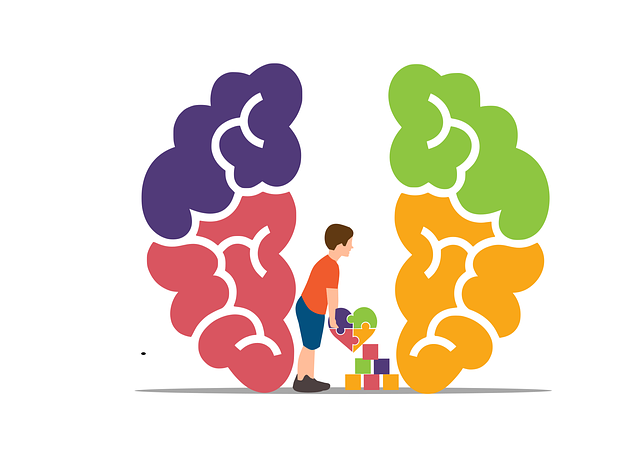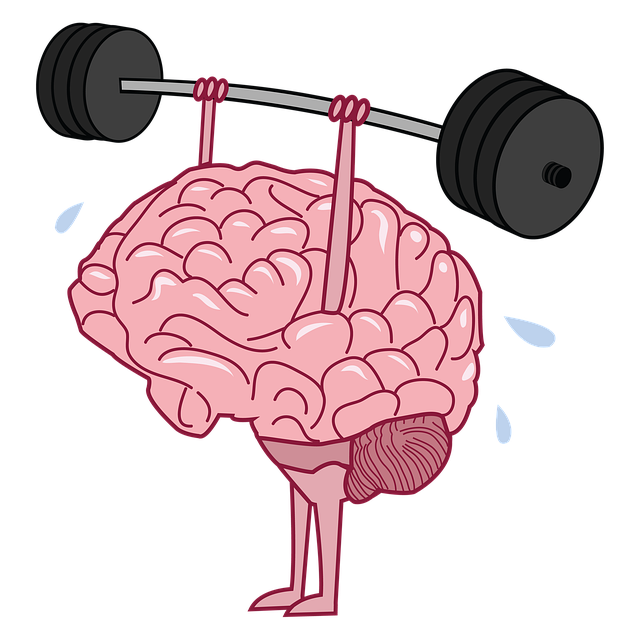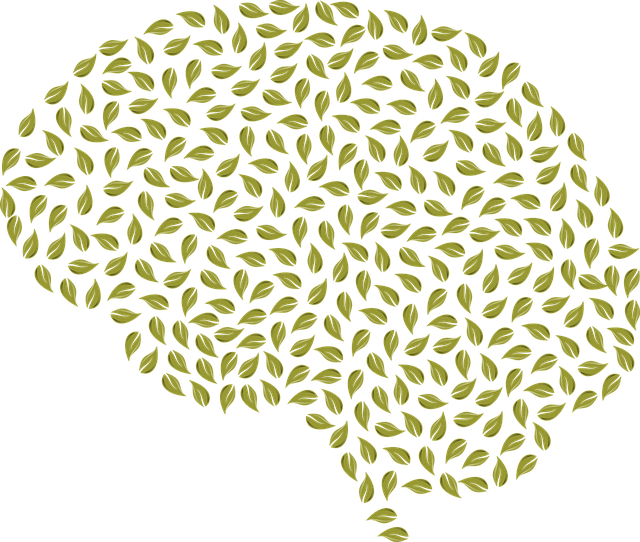Wheat Ridge ADD-ADHD Evaluations Therapy leverages detailed mental health data analysis to interpret complex information about individuals' psychological well-being. Using surveys, clinical notes, and assessment results, therapists identify patterns and trends indicative of mental health status. They employ evidence-based methods like Stress Reduction Techniques, Crisis Intervention Guidance, and Inner Strength Development for accurate data interpretation, leading to targeted strategies for improved resilience, symptom alleviation, and enhanced overall mental health. This data-driven approach ensures effective therapies and informed decision-making in Wheat Ridge ADD-ADHD settings, ultimately improving patient outcomes.
Mental health data analysis is a powerful tool for understanding complex human behaviors and improving patient outcomes. This comprehensive guide explores various aspects of mental health data interpretation, from understanding key metrics to practical applications. We delve into specific strategies like Wheat Ridge ADD-ADHD evaluations, showcasing how advanced assessments unlock insights into neurodevelopmental disorders. Additionally, we cover therapy progress tracking and offer valuable tips for clinicians and caregivers on interpreting results effectively.
- Understanding Mental Health Data: A Comprehensive Overview
- Wheat Ridge ADD-ADHD Evaluations: Unlocking Insights into Neurodevelopmental Disorders
- Therapy Progress Tracking: Analyzing Behaviors and Outcomes
- Interpreting Results: Practical Applications for Clinicians and Caregivers
Understanding Mental Health Data: A Comprehensive Overview

Understanding Mental Health Data provides a comprehensive overview of deciphering complex information to gain valuable insights into individuals’ psychological well-being. It involves meticulously analyzing various sources, including surveys, clinical notes, and assessment results, to identify patterns and trends that reflect mental health status. In the context of Wheat Ridge ADD-ADHD Evaluations Therapy, this process is crucial for tailoring interventions to meet each client’s unique needs.
By employing evidence-based methods such as Stress Reduction Techniques, Crisis Intervention Guidance, and Inner Strength Development, practitioners can interpret data accurately. This enables them to design targeted strategies that promote resilience, alleviate symptoms, and enhance overall mental health. Through this data-driven approach, professionals in Wheat Ridge can ensure their therapies are effective and make informed decisions for better patient outcomes.
Wheat Ridge ADD-ADHD Evaluations: Unlocking Insights into Neurodevelopmental Disorders

Wheat Ridge ADD-ADHD Evaluations represent a powerful tool in unlocking insights into neurodevelopmental disorders. These comprehensive assessments go beyond mere diagnosis, delving deep into the complex interplay between cognitive function, behavioral patterns, and emotional intelligence – key aspects often affected by Attention Deficit Disorder (ADD) and Attention Deficit Hyperactivity Disorder (ADHD). By employing evidence-based Mind Over Matter Principles, therapists can interpret these evaluations to tailor therapy plans that address not just symptoms, but also the underlying neurobiological underpinnings.
The process involves a multi-faceted approach, integrating self-reported surveys, performance tasks, and clinical interviews. This rich data allows for a nuanced understanding of an individual’s strengths and challenges, enabling therapists to design interventions that foster mental wellness. Furthermore, the insights gained can guide parents, educators, and individuals in navigating their unique journeys towards managing symptoms effectively and enhancing overall emotional intelligence.
Therapy Progress Tracking: Analyzing Behaviors and Outcomes

Therapy Progress Tracking is a vital aspect of mental health data analysis, allowing practitioners to understand and interpret patient behaviors and outcomes over time. By utilizing advanced analytical techniques, therapists can gain deep insights into what interventions are effective for specific conditions, such as Wheat Ridge ADD-ADHD Evaluations. This data-driven approach enables personalized treatment plans, tailored to each individual’s unique needs.
For instance, analyzing emotional regulation strategies can reveal which Self-Awareness Exercises or Stress Reduction Methods resonate best with patients. Through this process, therapists can identify patterns, assess the impact of different therapeutic techniques, and make informed decisions to optimize patient outcomes. Regular tracking also facilitates early intervention when relapses or setbacks occur, ensuring continuous progress towards mental well-being.
Interpreting Results: Practical Applications for Clinicians and Caregivers

When interpreting results from mental health data analysis, particularly in the context of Wheat Ridge ADD-ADHD evaluations and therapy, clinicians and caregivers can gain valuable insights to inform personalized care plans. This involves identifying patterns and trends within the data that may indicate specific challenges or areas of improvement for individuals. For instance, analyzing trends in mood swings and hyperactivity over time can help professionals tailor behavioral interventions and cognitive therapies. By combining these insights with clinical expertise, practitioners can design targeted strategies for Depression Prevention and Stress Management, enhancing the effectiveness of treatment.
Moreover, Mental Health Education Programs can be Design to address gaps in knowledge or common misconceptions among both patients and caregivers. Data-driven insights facilitate a more nuanced understanding of mental health conditions, fostering better self-management and improved communication between healthcare providers and individuals seeking support. This holistic approach, powered by evidence from data analysis, ensures that care is not only effective but also tailored to meet the unique needs of each patient, ultimately enriching outcomes in Wheat Ridge ADD-ADHD evaluations and therapy settings.
Mental health data analysis is a powerful tool that offers profound insights into individual needs. By utilizing methods like Wheat Ridge ADD-ADHD evaluations, professionals can unlock crucial information about neurodevelopmental disorders, enabling personalized therapy progress tracking. This comprehensive approach, including data interpretation, allows clinicians and caregivers to make informed decisions, ultimately enhancing the effectiveness of treatment strategies for better patient outcomes.













